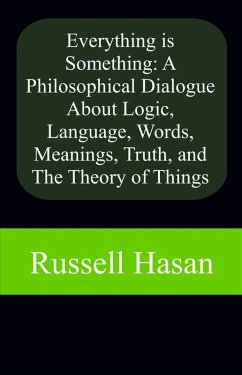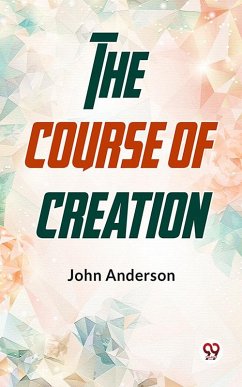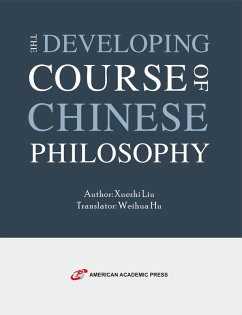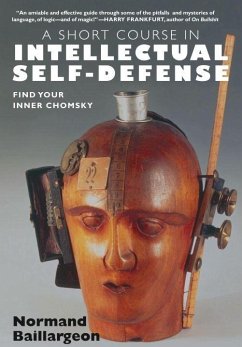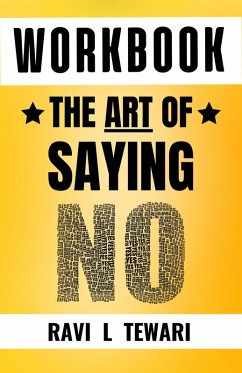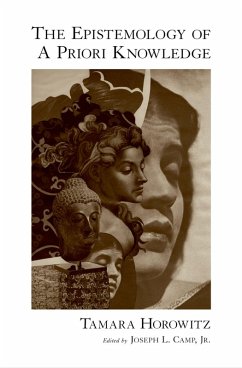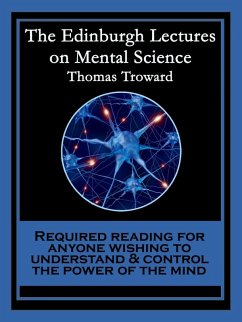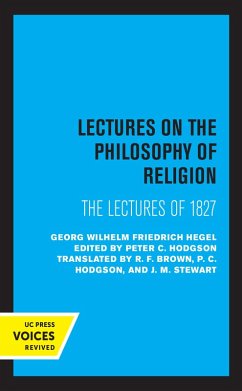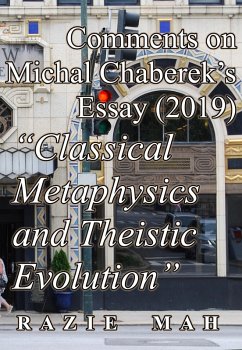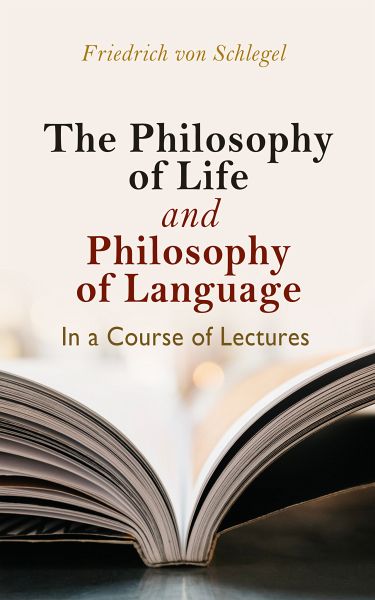
The philosophy of life, and philosophy of language, in a course of lectures (eBook, ePUB)

PAYBACK Punkte
0 °P sammeln!
The Philosophy of Life and Philosophy of Language in a Course of Lectures is a book by German poet and philosopher Friedrich von Schlegel, containing 25 lectures concerning Epistemology, Philology, and mostly Lebensphilosophie, which emphasises the meaning, value and purpose of life as the foremost focus of philosophy. Inspired by the critique of rationalism, Lebensphilosophie emerged in 19th-century Germany as a reaction to the rise of positivism and the theoretical focus prominent in much of post-Kantian philosophy. This philosophy pays special attention to life as a whole, which can only be...
The Philosophy of Life and Philosophy of Language in a Course of Lectures is a book by German poet and philosopher Friedrich von Schlegel, containing 25 lectures concerning Epistemology, Philology, and mostly Lebensphilosophie, which emphasises the meaning, value and purpose of life as the foremost focus of philosophy. Inspired by the critique of rationalism, Lebensphilosophie emerged in 19th-century Germany as a reaction to the rise of positivism and the theoretical focus prominent in much of post-Kantian philosophy. This philosophy pays special attention to life as a whole, which can only be understood from within.
Dieser Download kann aus rechtlichen Gründen nur mit Rechnungsadresse in A, B, BG, CY, CZ, D, DK, EW, E, FIN, F, GR, H, IRL, I, LT, L, LR, M, NL, PL, P, R, S, SLO, SK ausgeliefert werden.




